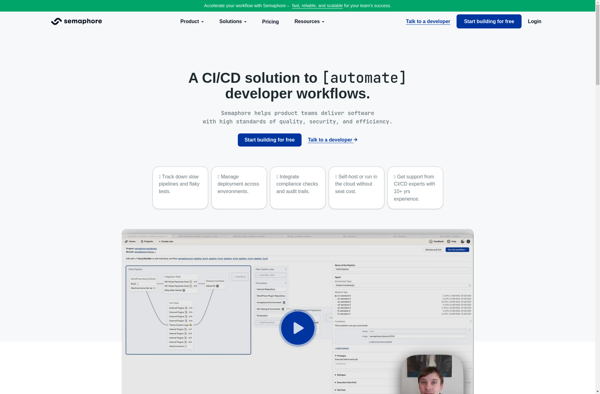GitHub Actions
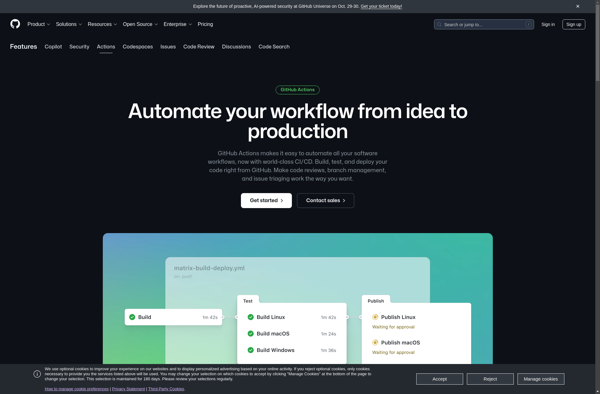
GitHub Actions: Automate Software Development Workflows
GitHub Actions is a continuous integration and delivery (CI/CD) platform that allows you to automate your software development workflows. You can build, test, and deploy your code right from GitHub.
What is GitHub Actions?
GitHub Actions is an automation platform that allows developers to automate software development workflows within GitHub. It uses YAML-based workflow files that you store in a code repository to build out tasks called actions. GitHub Actions goes beyond continuous integration and delivery by allowing you to run workflows when events happen in your repository.
Some key features and capabilities of GitHub Actions include:
- Automating software workflows including building, testing, packaging, releasing and deploying code
- Triggering workflows on various events like code pushes, pull requests, issue creation etc.
- Using GitHub-hosted or self-hosted runners to run your workflows
- Reusing workflows from the GitHub Marketplace
- Integrating easily with other GitHub features like packages, pages and more
- Hosted directly in your GitHub repository to simplify development
- Includes flexible management capabilities like environments, secrets and permissions
GitHub Actions facilitates best practices like continuous integration and continuous delivery for software teams to ship better code, faster. The tight integration with GitHub repositories and surrounding ecosystem makes GitHub Actions a powerful automation framework.
GitHub Actions Features
Features
- Workflow automation
- Built-in CI/CD
- Event-driven triggers
- Reusable workflows
- Flexible environment
- GitHub integration
- Third-party app integration
- Security and access controls
Pricing
- Free
- Open Source
Pros
Cons
Official Links
Reviews & Ratings
Login to ReviewThe Best GitHub Actions Alternatives
Top Development and Version Control and other similar apps like GitHub Actions
Jenkins
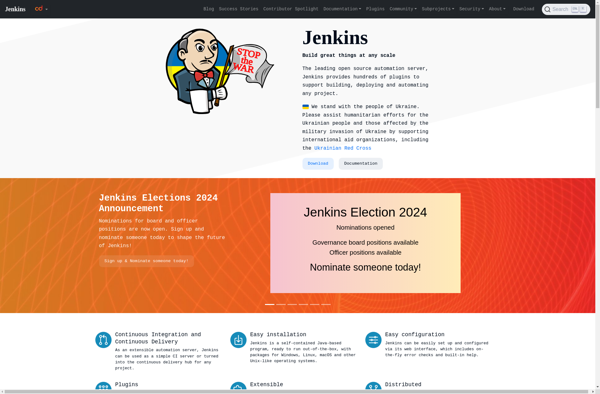
Travis CI
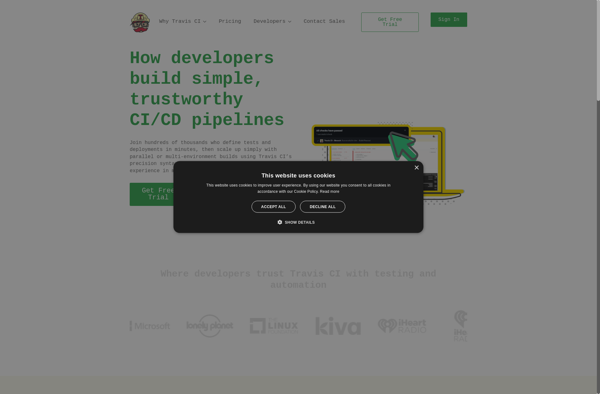
CircleCI

Earthly
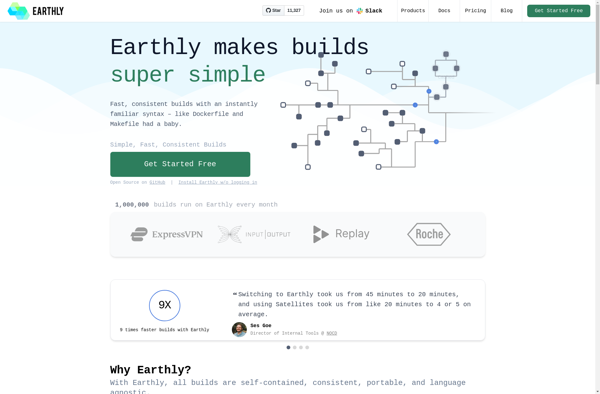
Codeship
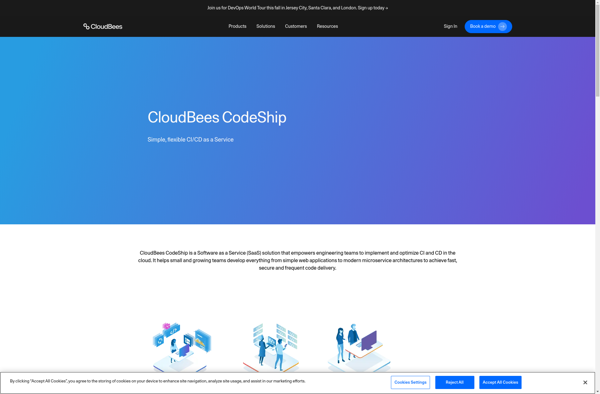
Cyclic

AppVeyor
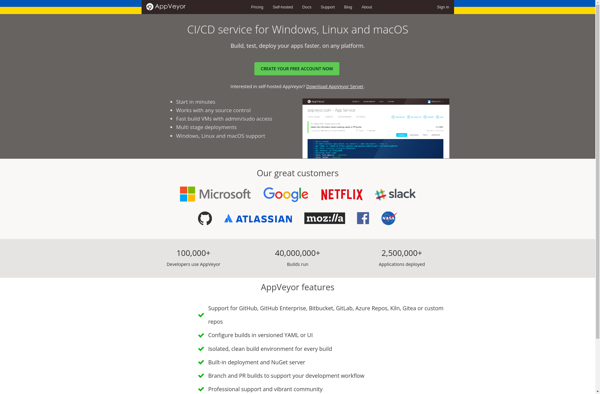
Cicada.sh
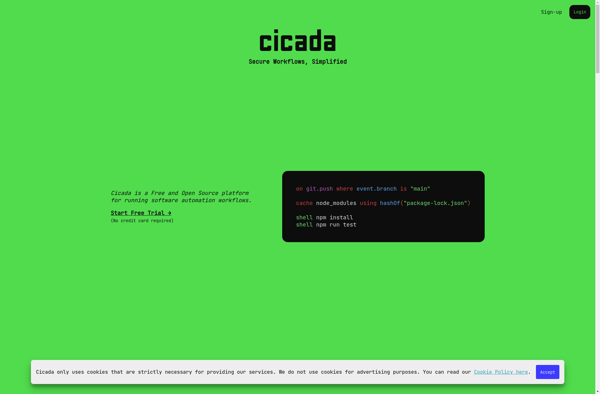
Taskcluster
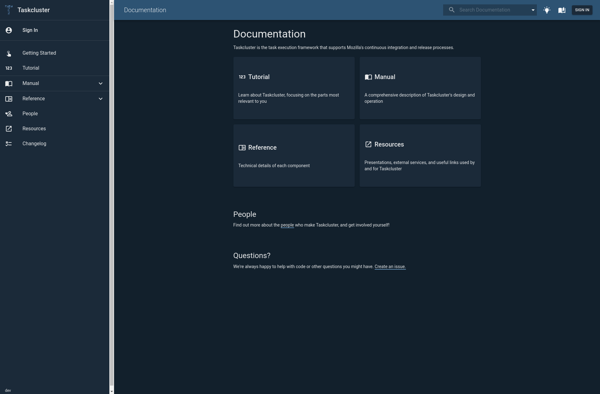
Semaphore
